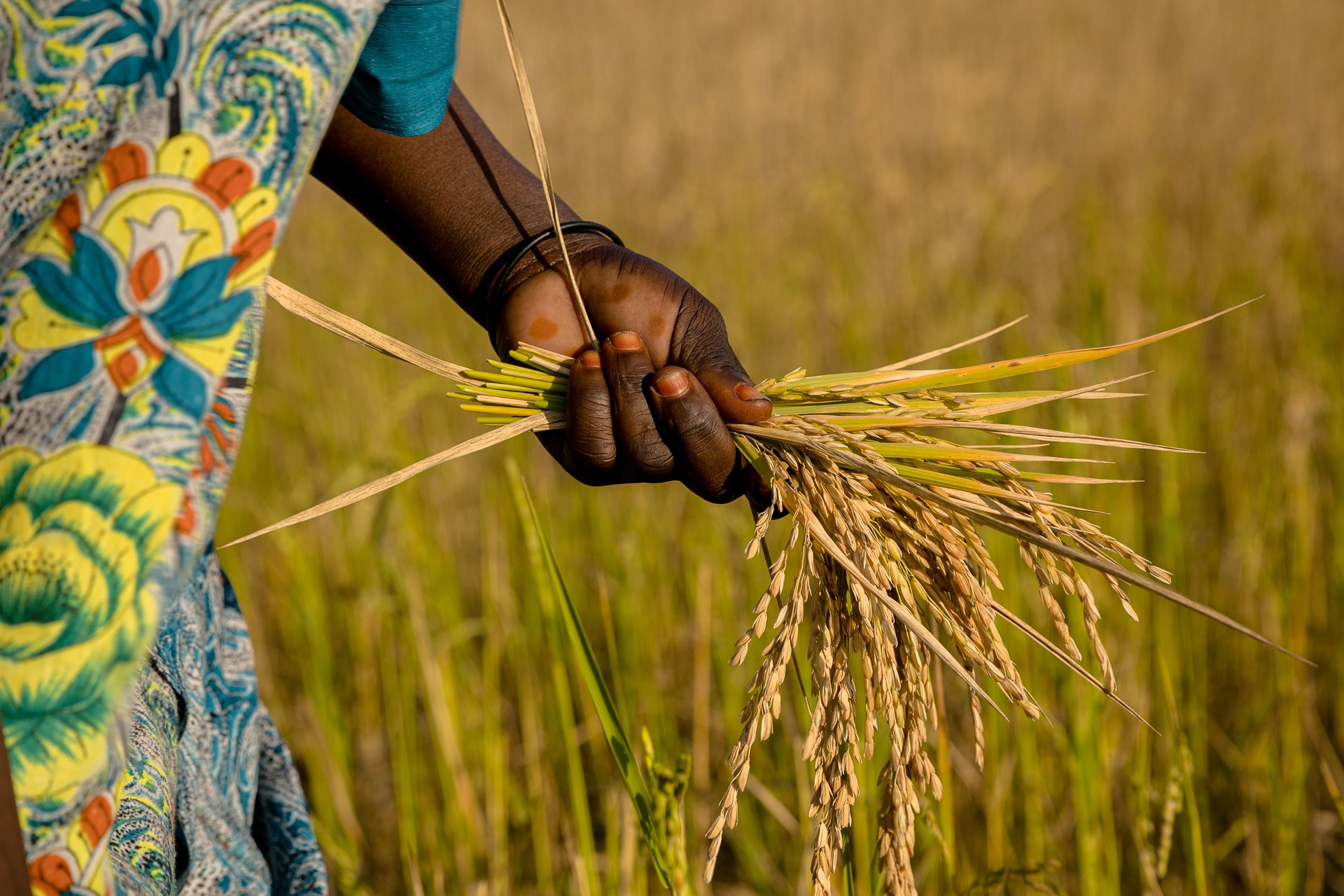FOOD SECURITY
The agricultural sector is the backbone of the Kenyan economy, contributing approximately 33 percent of Kenya’s Gross Domestic Product (GDP). The agriculture sector employs more than 40 percent of the total population and 70 percent of the rural population. However, agricultural productivity has stagnated in recent years. Smallholder farmers and agricultural enterprises continue to face challenges growing their businesses and improving the quality of agricultural goods.
Currently, food insecurity is primarily driven by a combination of shocks, including a below average rainy season which was poorly distributed in space and short-lived which resulted in below average crop production to near crop failure and poor livestock production; localised resource-based conflict; and high food prices as a result of the war in Ukraine and low in-country production. The most affected counties, representing 40% of the total country population are predominantly pastoral livelihoods.
The Febwell Foundation seeks to address food security by:
- Enhancing agriculture-led economic growth,
- Improving nutrition outcomes,
- Strengthening government capacity,
- Increasing resilience, and
- Building sustainable market systems through private sector engagement.
We work to enhance food security and increase incomes through improving the competitiveness and diversity of agricultural market systems and livelihoods. Our programmes focus on four main value chains: dairy, livestock, horticulture, and staple foods. We link farmers to markets and modern farming practices, improve quality and supply of agricultural inputs, increase access to financing, and promote private sector solutions.
We also seek to reduce the need for recurrent humanitarian assistance by accelerating economic growth for vulnerable communities to be able to withstand shocks. Our programs focus on regions in Kenya that experience cyclic shocks, where livestock is central to the economy, and rainfall is increasingly sporadic.
To address nutrition outcomes, we seek to increase access to diverse and quality foods to improve the health of women and children. To maximize our efforts, our programmes integrate water and sanitation programs with programs focused on nutrition, agriculture, and health.
Finally, we aim to create an enabling business environment at all stages of the value chain through expanded access to finance for farmers and agricultural enterprises, increasing private-sector investment and through policy dialogues at the national and county levels.
